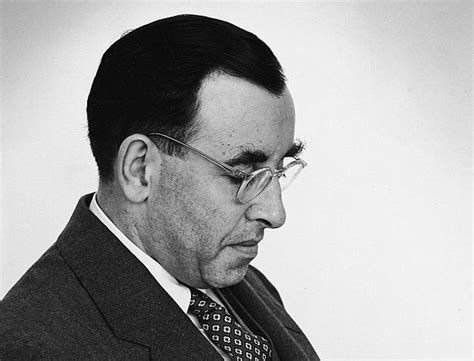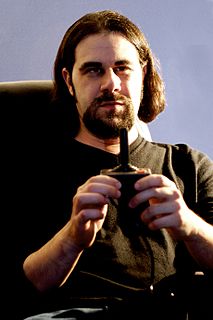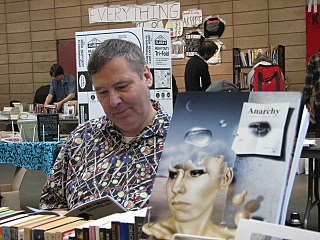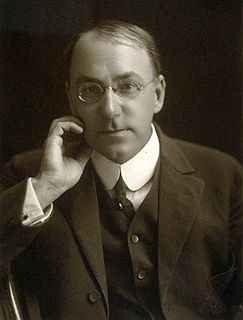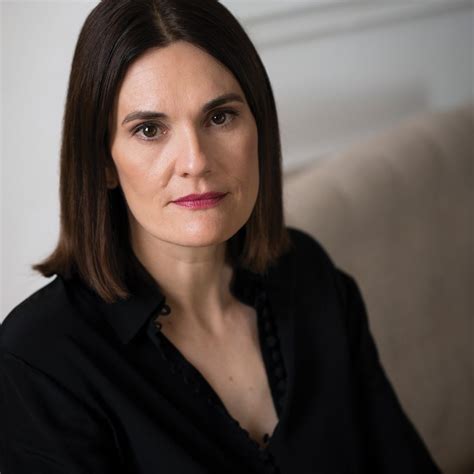A Quote by David Riesman
The closest thing we have to the traditional ideology of the leisure class is a group of artists and intellectuals who regard their work as play and their play as work.
Quote Topics
Related Quotes
But what is work and what is not work? Is it work to dig, to carpenter, to plant trees, to fell trees, to ride, to fish, to hunt, to feed chickens, to play the piano, to take photographs, to build a house, to cook, to sew, to trim hats, to mend motor bicycles? All of these things are work to somebody, and all of them are play to somebody. There are in fact very few activities which cannot be classed either as work or play according as you choose to regard them.
Every work of art (unless it is a psuedo-intellectualist work, a work already comprised in some ideology that it merely illustrates, as with Brecht) is outside ideology, is not reducible to ideology. Ideology circumscribes without penetrating it. The absence of ideology in a work does not mean an absence of ideas; on the contrary it fertilizes them.
Group Material is itself collaborative, which is non-hierarchical and we don't use the corporate model which is along lines of expertise but we work together and take responsibility as a group for every aspect of the work. And then there's a collaboration or dialogue with those artists and non-artists we work with, in terms of participation in the various projects.
Work and play can be the same. When you are following your energy and doing what you want to do all the time, the distinction between work and play dissolves. Work is no longer what you have to do, and play what you want to do. When you are doing what you love, you may work harder and produce more than ever before, because you are having fun.
Work, as we usually think of it, is energy expended for a further end in view; play is energy expended for its own sake, as with children's play, or as manifestation of the end or goal of work, as in "playing" chess or the piano. Play in this sense, then, is the fulfillment of work, the exhibition of what the work has been done for.
I find it's very confusing when one critic tells you one thing and one tells you something completely different. Unless all the critics agree on parts of the play that just didn't work. I have stopped reading reviews, because I find writing is all about courage. You must have courage when you start writing a play and you cannot have the voice - you must write things out. You cannot have the voice of a critic telling you, "That didn't work in that play, you cannot make it work in another play." Every time you do a production, it's an experimentation.
Many white-collar workers are lucky enough to have creative-class jobs that are satisfying, which is great as long as you're still able to carve out true, work-free leisure at some point. But there's been a kind of sneaky reframing of work as play as the Silicon Valley model has been imported into other fields. Now you see adult offices that look like nursery schools, and staff paintball parties, work cultures that encourage the "We're a family here!" fantasy while preventing workers from going home at a reasonable hour to be with their actual families.
